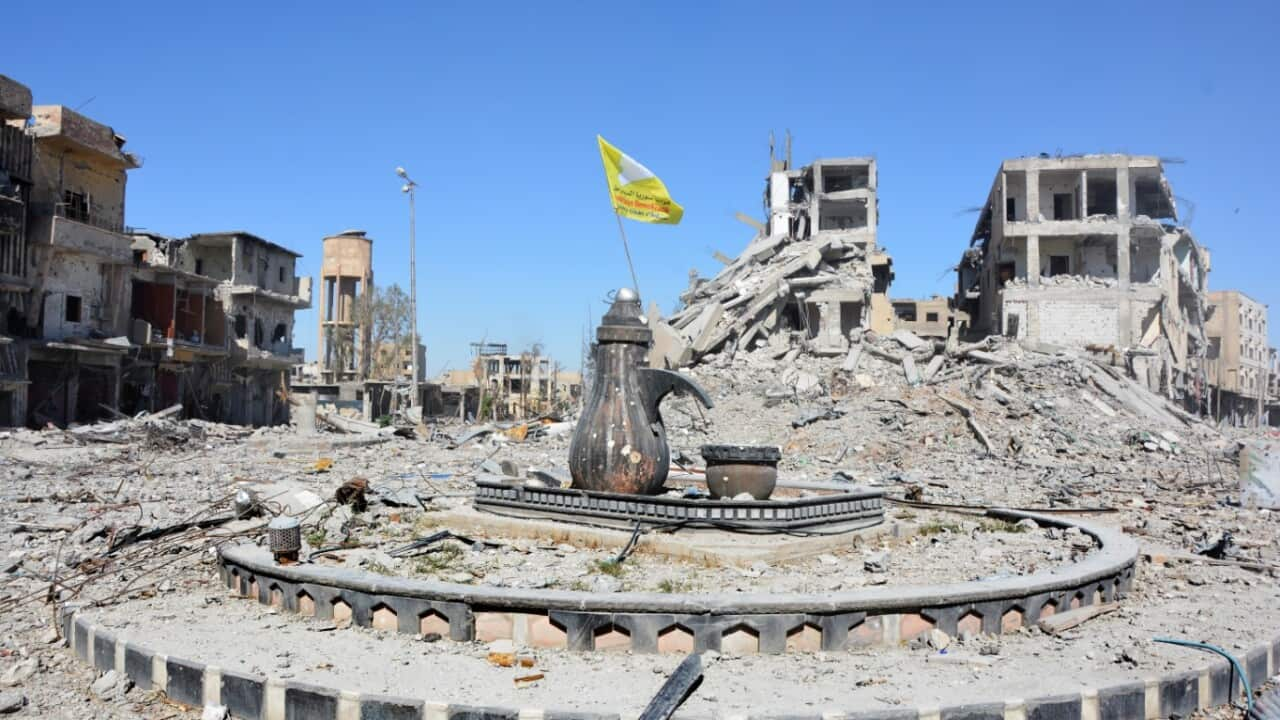After a seven-week trial in a civilian court in Washington, a jury cleared Ahmed Abu Khattala -- the first person tried over the fiery raid on the US complex in the Libyan coastal city -- of the most serious of the charges he faced.
Prosecutors were apparently unable to prove to the jury that Khattala, leader of a militant group who had been photographed watching the attack on September 11, 2012, was directly to blame for the deaths of US Ambassador Christopher Stevens, a second state department official, and two CIA contractor guards at the consulate and a CIA annex.
He was convicted of only four of 18 charges he faced: supporting terrorists, conspiracy to provide support to terrorists, carrying a semi-automatic weapon during a violent crime, and damaging US property.
That was far weaker than the picture prosecutors had presented of Khattala as the person who plotted and directed the deadly assault.
His trial was seen as a test case for foreign terror suspects forcibly brought to the United States and placed before civilian courts.
The 2012 attack, undertaken on the 11th anniversary of the 9/11 attacks, was carried out by some 20 men armed with grenades and heavy weapons.
Stevens and the second State Department official, Sean Smith, died of smoke inhalation after the consulate caught fire, while the two CIA contractors, Glen Doherty and Tyrone Woods, were killed in the firefight.
The death of Stevens stunned Americans and became the focus of a politically charged investigation by congressional Republicans of then-secretary of state Hillary Clinton, who was accused of not protecting the diplomats.
Recommended reading

Former IS capital Raqqa taken off Australian travel ban list: Bishop
Khattala was captured in 2014 in a raid by US special forces, who then placed him aboard a navy ship where he was interrogated for a week before being delivered to the United States.
The raid and the legal case were based in part on a Libyan informant, an associate of Khattala, who was eventually paid a $7 million reward and granted asylum in the United States.
Khattala faces a total of 60 years in prison for the four offenses. No date for sentencing was set.
There was no immediate reaction from the White House.
CIA Director Mike Pompeo released a statement saying: "Today, a small measure of justice was meted out."
"We lost two of our own that night -- Glen Doherty and Tyrone Woods -- who ran to the sound of the guns and bravely fought to protect Americans and the two US facilities that were attacked."


